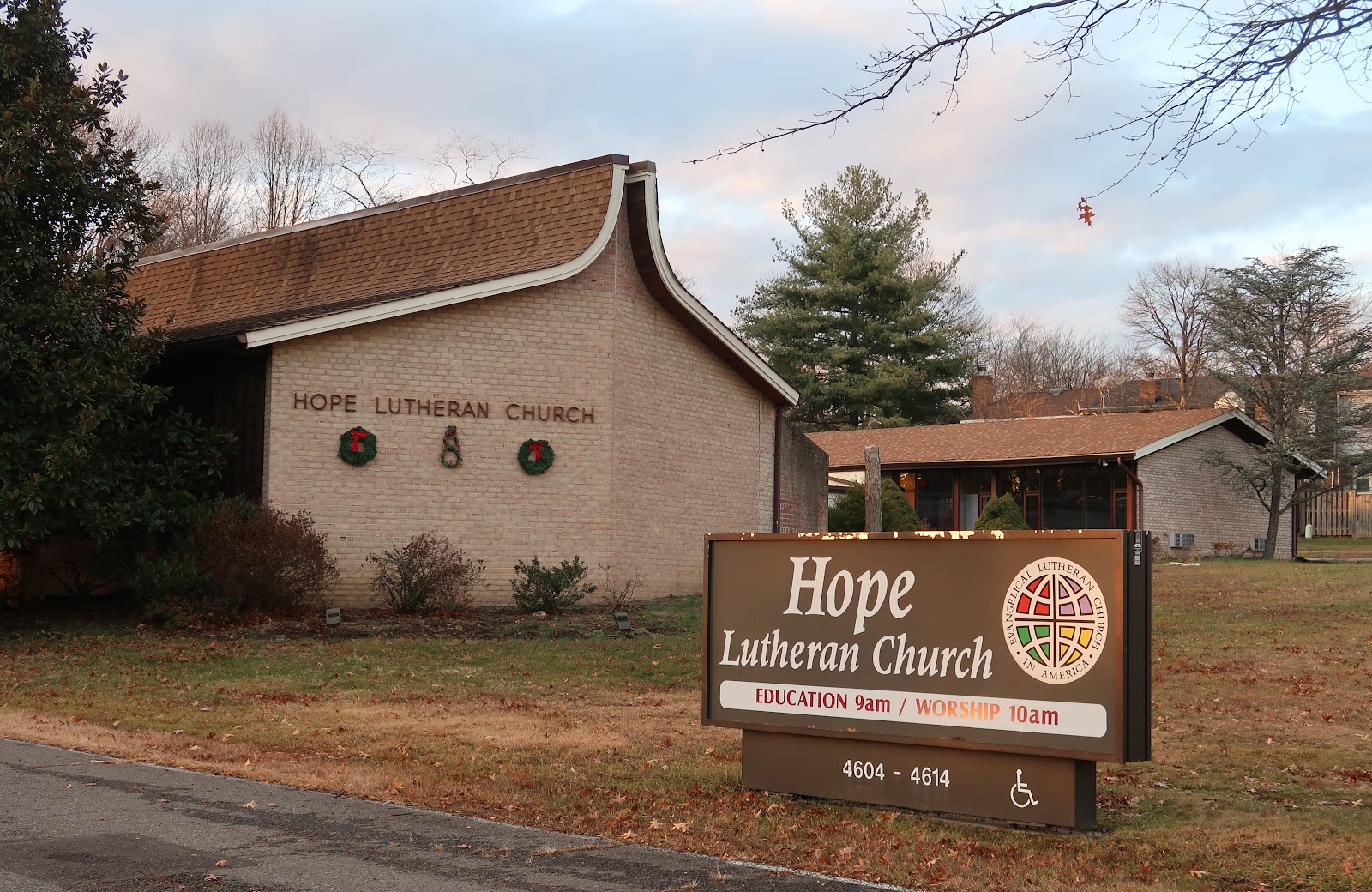Scammers impersonating church pastors request gift cards
 |
| A phishing scheme targeted members of this Annandale church. |
Local churches are warning their members about phishing scams in which a scammer impersonates the pastor and asks people to send gift cards for those in need.
Hope Lutheran Church in Annandale was struck three times by this type of scam – a year-and-a-half ago, this past August, and in late November, says Eduardo Conde, a member of the church council.
Queen of Apostles Catholic Church in Lincolnia has been targeted for over five years, reports a church member. One parishioner was scammed out of over $2,000.
Members of Grace Evangelical Lutheran Church in the Falls Church area of Mason District received similar emails “seemingly from our pastor asking for gift cards. The ‘from’ email address was very close to his real one,” says a church member.
These types of scams are common, the Fairfax County Police Department reports.
Here’s what one scammer texted to a member of Hope Lutheran in August 2021:
“Hi [name of church member], I pray that you and your family are safe and well. Do you have a moment? I have a request I need you to handle discreetly. I am currently busy in a prayer session, no calls so just reply by text,” purportedly signed Senior Pastor Jeanette Sunita-Vazquetelles.
When the member texted back indicating they could help, the scammer wrote, “I need to make a gift card donation for some shut-in members going through cancer in the hospital but I can’t do that now. Can you please pick up the gift cards from any grocery stores around you now? I’ll reimburse you as soon as I can.”
The member agreed and was told to buy “4 Amazon gift cards in $100 denominations” right away and given instructions on where to send the pin codes on the cards. A family member became suspicious, however, so the church member didn’t follow through.
In the most recent incident targeting members of Hope Lutheran, people got a text message requesting gift cards and a number to call, Conde says. When the church member called, the voice was similar to the pastor’s, so Conde suspects the scammers used voice modulators to mimic the pastor’s voice from an online Sunday service.
One church member believed the message was real but instead of following the instructions, they dropped by the church to deliver the gift cards in person. The pastor, of course, said she didn’t ask anyone to buy gift cards.
“We can’t prevent this, but people need to be aware this is happening,” Conde says. “We have a lot of good people who will open their wallets in a heartbeat if you ask.”
Conde sent a message to church members warning them about these phishing scams and urging them to never give personal information over the phone. “If you receive a suspicious call, tell the person that you are going to call them back,” he wrote. Then call the church office to confirm the request.
The pastor would not make this kind of request, he said. “We have ways and means of assisting others in case of an emergency that does not involve reaching out to our members to make last-minute purchases then transmitting them electronically without verification.”
According to the Fairfax County Police Department, requests for gift cards are often sent by fraudsters impersonating their boss, neighbors, or others, as well as their minister.
The email appears to come from someone the victim knows and trusts, and the email address is similar to that person’s, the FCPD says. But once the victim sends a photo of the numbers on the back of the gift card, their money is gone for good.

